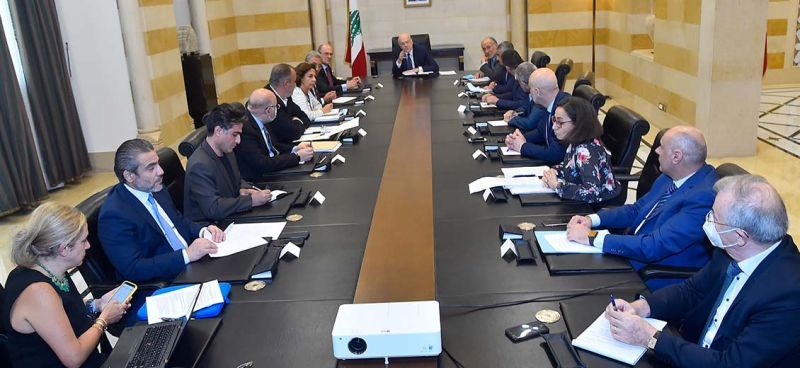
Those in power need to act as statesmen, and the de facto powers need to show realism and courageously acknowledge that their actions have never been in the interest of Lebanon or the Lebanese people.
It is inconceivable for a country to witness this ongoing destructive war for over a year while the state remains incapable of taking serious steps to halt the violence, despite all the warnings — warnings that continue to this day — that we are heading toward more destruction, more casualties, more injured, more displaced, and a continuous economic collapse.
Some may argue, “What can this fragmented state do, a state that lacks the capacity to decide matters of war and peace? What can such a state do in the face of an enemy determined to continue the war?” These are valid questions. But a more pertinent question is: who brought the state to this level of dysfunction we see today?
Let us not delve into the recent or distant past, as everyone tries to evade responsibility and blame others. But this doesn’t absolve those currently in power or those who have contributed to this decline over the past two years, at the very least, from responsibility.
In this context, we ask: Why has the country been without a president for two years? What catastrophic sin would have been committed had a president been elected and a responsible government been formed? Why did we enter a war that we knew how it began, yet have no idea how it will end?
The situation has now reached a critical point, and it is astonishing that those in power and the de facto powers have not altered their approach to managing the nation and its people. They persist in apathy, denial, arrogance, obstruction, and cleverness to the point where the world has grown weary of them, allowing the enemy to do whatever it pleases with the country and its people. Consequently, the Lebanese have become wanderers, aimlessly roaming both at home and abroad, uncertain of what future awaits them.
Those in power need to act as statesmen, and the de facto powers must be realistic and brave enough to admit that what they have done has never been in Lebanon’s or the Lebanese people's best interest. Those in power must set aside their personal interests and fears, and boldly declare that the country is not an open ground for anyone, whether domestic or foreign. They must adopt a stance that reclaims both their dignity and that of the state. The de facto powers must understand that their protection, as well as that of their communities, can only come through this state, which embodies legitimacy, law, and constitution. This trinity (legitimacy, law, and constitution), if fully implemented, is capable of bringing security and stability to a country that has suffered greatly and deserves respite from the failed projects that have exhausted it, from the Palestinian catastrophe until today.




Comments